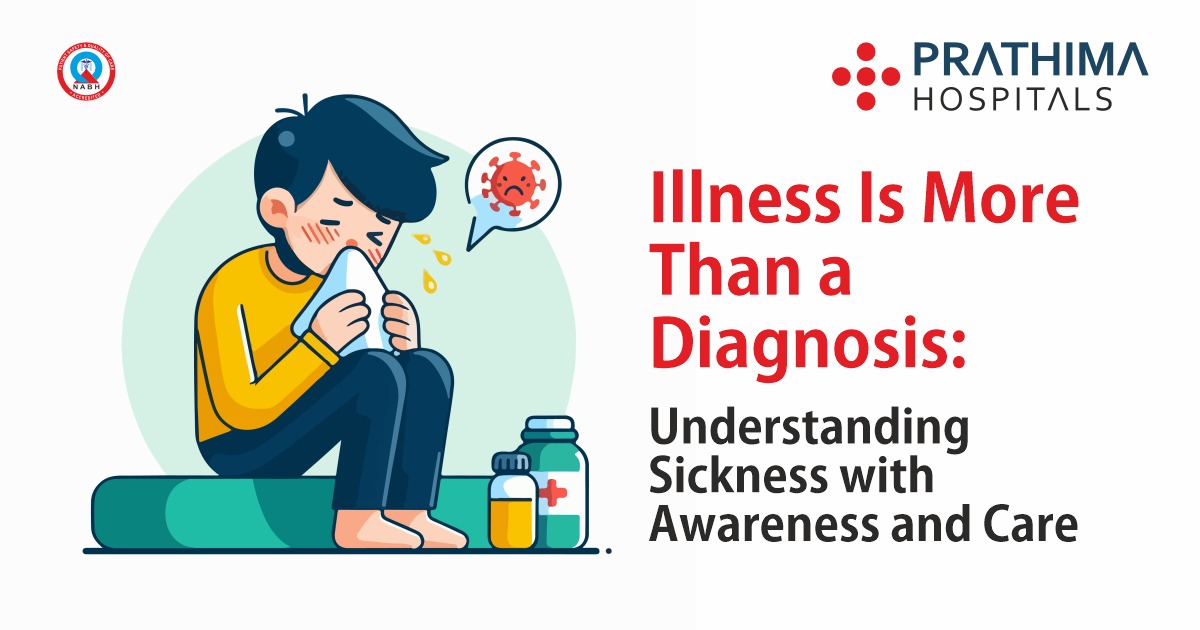Migraine Triggering Factors and Symptoms [Must Know]

Migraine occurs due to a number of symptoms. Sometimes Migraine can occur with headache along with nausea, vomiting, etc. Some of the common Migraine triggering factors include:
- Vomiting sensation
- Nausea
- Speech difficulty
- Tangling’s in the limb
- Sensitive to light and sounds.
- Sometimes migraines can be through family history.
Migraine can be diagnosed based on the clinical history of the patient, symptoms, and looking into the causes, etc.
Let’s check out some of the common Migraine Triggering Factors of Migraine:
Hormonal Changes: This is the most common problem, especially in women, which causes Migraine, especially during menstruation time or pregnancy time.
Stress: This is also another major problem, both in men and women. High-stress levels in the body release chemicals which affect blood vessels and finally triggers Migraine Neurologist in Kphb.
Food habits: Food is one of the best methods to balance your body functionality. Highly carbonated drinks, high cholesterol foods, cheese, alcohol, and most importantly, junk foods are the main triggering factor of raise in Migraine.
At the same time, do not skip the meal. Maintain a healthy diet at the right time.
Weather changes: Changes in weather like strong winds, changes in altitude can also increase the chances of a migraine attack.
Sensory: too heavy noise or loud sounds and also bright light focus can also cause Migraine.
Medication: Frequently, the usage of medicines and antibiotics can change the body hormonally and functionality, this is also a cause to the Migraine.
Lack of Physical Activity: As per the research, people who are regular in their physical activities like exercise, yoga, and another mode of workouts are less fall into a migraine attack. So, make physical activity is a daily routine.
Tobacco: Chewing or smoking or using tobacco products increases the chances of Migraine.
Migraine usually lasts between 15 min to 3o minutes; sometimes, it may last for 2 hours. Beyond this time zone, the migraine attack continues, then it is advisable to consult a Neuro Physician for further medical attention from the Neurologist in Kachiguda.
Know more about Types of Migraines: Click Here






Warning: Undefined variable $req in /home/u885608126/domains/prathimahospitals.com/public_html/wp-content/themes/prathimahospitals/functions.php on line 294
Warning: Undefined variable $commenter in /home/u885608126/domains/prathimahospitals.com/public_html/wp-content/themes/prathimahospitals/functions.php on line 295
Warning: Trying to access array offset on value of type null in /home/u885608126/domains/prathimahospitals.com/public_html/wp-content/themes/prathimahospitals/functions.php on line 295
Warning: Undefined variable $aria_req in /home/u885608126/domains/prathimahospitals.com/public_html/wp-content/themes/prathimahospitals/functions.php on line 295
Warning: Undefined variable $req in /home/u885608126/domains/prathimahospitals.com/public_html/wp-content/themes/prathimahospitals/functions.php on line 298
Warning: Undefined variable $commenter in /home/u885608126/domains/prathimahospitals.com/public_html/wp-content/themes/prathimahospitals/functions.php on line 299
Warning: Trying to access array offset on value of type null in /home/u885608126/domains/prathimahospitals.com/public_html/wp-content/themes/prathimahospitals/functions.php on line 299
Warning: Undefined variable $aria_req in /home/u885608126/domains/prathimahospitals.com/public_html/wp-content/themes/prathimahospitals/functions.php on line 300
Warning: Undefined variable $commenter in /home/u885608126/domains/prathimahospitals.com/public_html/wp-content/themes/prathimahospitals/functions.php on line 303
Warning: Trying to access array offset on value of type null in /home/u885608126/domains/prathimahospitals.com/public_html/wp-content/themes/prathimahospitals/functions.php on line 303